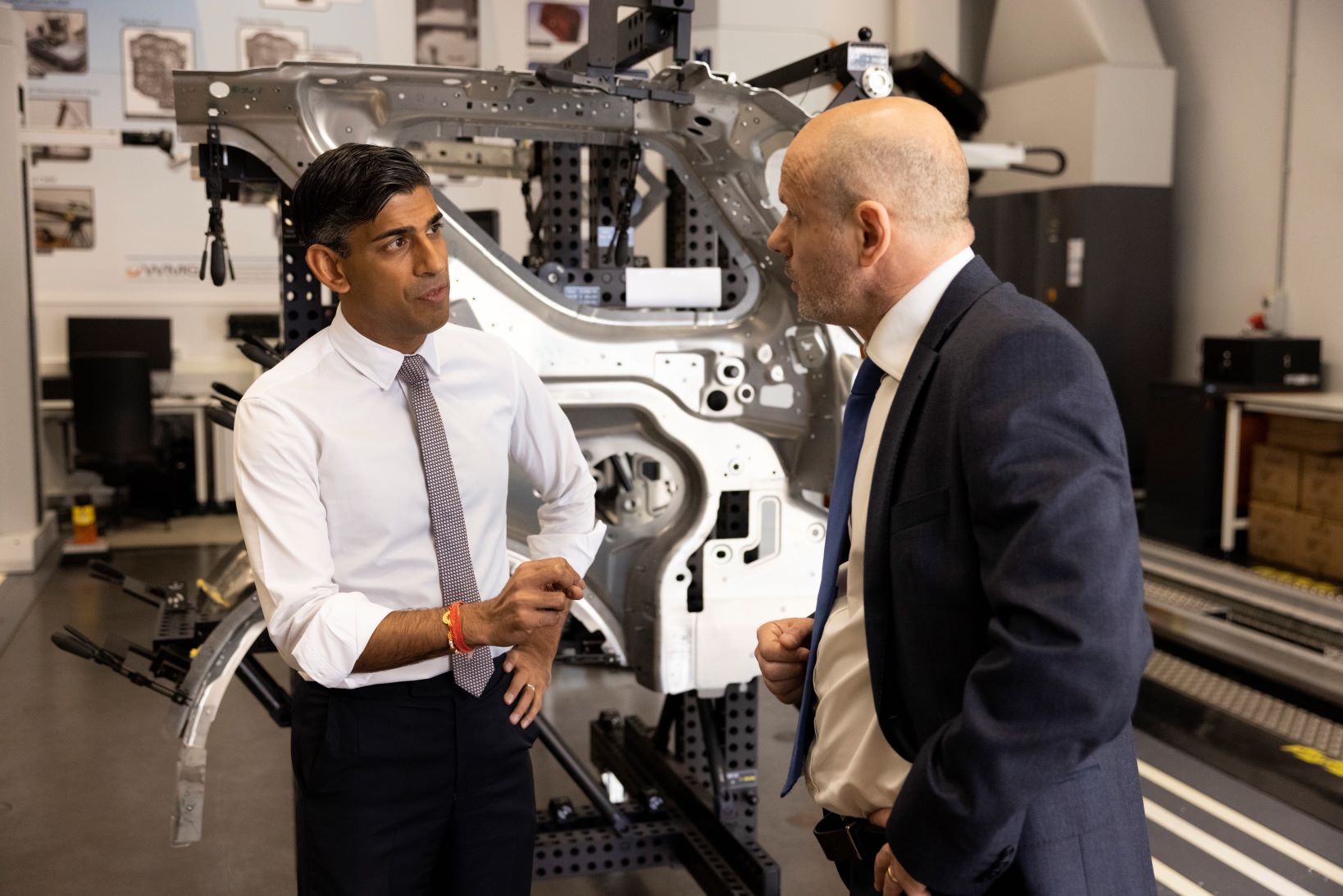 Why are we so fixated on squeezing out our remaining fossil fuels? Ed Gill examines the implications of not moving into more sustainable energy supplies. Delivering those technologies is not just about building solar parks or wind farms, it’s about understanding our wider relationship with the energy that has built and sustained our way of life.
Why are we so fixated on squeezing out our remaining fossil fuels? Ed Gill examines the implications of not moving into more sustainable energy supplies. Delivering those technologies is not just about building solar parks or wind farms, it’s about understanding our wider relationship with the energy that has built and sustained our way of life.
As any student of public policy well knows, criticism of short-termist policymaking is as old as our democratic system itself. For those of us in the energy sector, energy bills are the pre-dominant, reoccurring theme in the debate around Government policy; the cost of bills now and in the future, what the Government is doing now to stop them rising or indeed what the Government is doing tomorrow that might cause them to rise. It’s those types of questions that determine how policymakers consider the issues in front of them, despite protestations of Ministers otherwise.
“So what?” you might ask. “How is that different to any other area of policy?” True, this isn’t a problem unique to the energy sector. Most of us accept, albeit begrudgingly, that it’s an unavoidable by-product of our system. But energy is different to other areas of policy. How we access our energy supplies and manage our energy usage is inextricably linked to the basic fundamentals about our economy, our society and our way of life.
Over the last 250 years our ability to access cheap and plentiful fossil fuels has enabled us to build economies that deliver ever greater advances in technology, economic wealth and standards of living. The developing world is now seeking to replicate that model so that they can grow in the same way, increasing demand and emissions. The reality is that up until now we’ve had it pretty easy when it comes to getting to those supplies. Here in the UK, we led the world in using them to fuel our own progress, cementing our position as an advanced economy which, in turn, has allowed us to keep accessing more and more supplies. Fossil fuels provide the life blood for our way of life but there remains one single inescapable fact: their supply is limited and they will run out one day. In other words, we’ve been building ourselves a house on sand.
This is a slightly abstract notion, perhaps. But whether it is through exploiting tar sands in Canada, fracking for gas in the US or drilling ever deeper for oil in the Artic and the Gulf of Mexico, we’ve all seen how we are already turning to more dangerous and extreme methods to access fossil fuel supplies. Here in the UK, we’re now buying more and more of our energy from abroad because our own fossil fuels, first coal and now gas, are running out. Increasingly, we have to bid against other countries on the international markets to get the energy we need to keep our lights on and our homes warm. Alternative methods of extracting gas and oil are not expected to make a significant impact in addressing that shortfall. As a result, we can no longer control the price we pay for our energy. In 2011, the independent Committee on Climate Change looked at the increases in household energy bills from 2004 – 2010. Nearly two-thirds of the increase came from rising wholesale costs.
The facts are beginning to speak for themselves. We’re waking up with a hangover from a 250 year fossil fuel binge. Yet our fixation with squeezing out our remaining fossil fuel resources until the pips squeak persists, despite the fact that we have the technology here today, to move away from them and despite the fact that our continued reliance on them is costing us more and more. So we think there is a need for a better understanding of just why the transition to a new energy market is so important, and why a more radical, innovative and intelligent approach is necessary.
Clean, renewable energy technologies are set to take centre stage in delivering that transition. But delivering those technologies is not just about building solar parks or wind farms. It’s about understanding our wider relationship with the energy that has built and sustained our way of life. It’s about asking what would happen if we didn’t turn to that technology to meet them. What would the wider impacts be if we failed to replace the finite fossil energy sources which sustain our very way of life? What opportunities do newer, more accessible energy technologies mean for market participation and consumer engagement?
There needs to be greater in-depth thinking about the transformational impact of renewable technology, its relationship with our economic system, and the benefits that it can bring to us all. If we can do more to support this kind of thinking, it will help challenge the natural tendency towards short-termism in the policy debate in Westminster and in the media. In better understanding and more effectively communicating the longer-term issues we all face, we can move more quickly to an energy market which is sustainable not just environmentally, but economically too.
You can find more information about the new PhD studentship which Good Energy have launched at Birkbeck here: http://www.bbk.ac.uk/news/renewable-energy-studentship-forged-by-new-industry-university-links
Note: This article gives the views of the author, and not the position of the British Politics and Policy blog, nor of the London School of Economics. Please read our comments policy before posting.
Ed Gill is Head of External Affairs at Good Energy. Good Energy is the UK’s leading 100% renewable electricity supplier, supplying 30,000 electricity customers and supporting 40,000 small-scale renewable electricity generators.








1 Comments